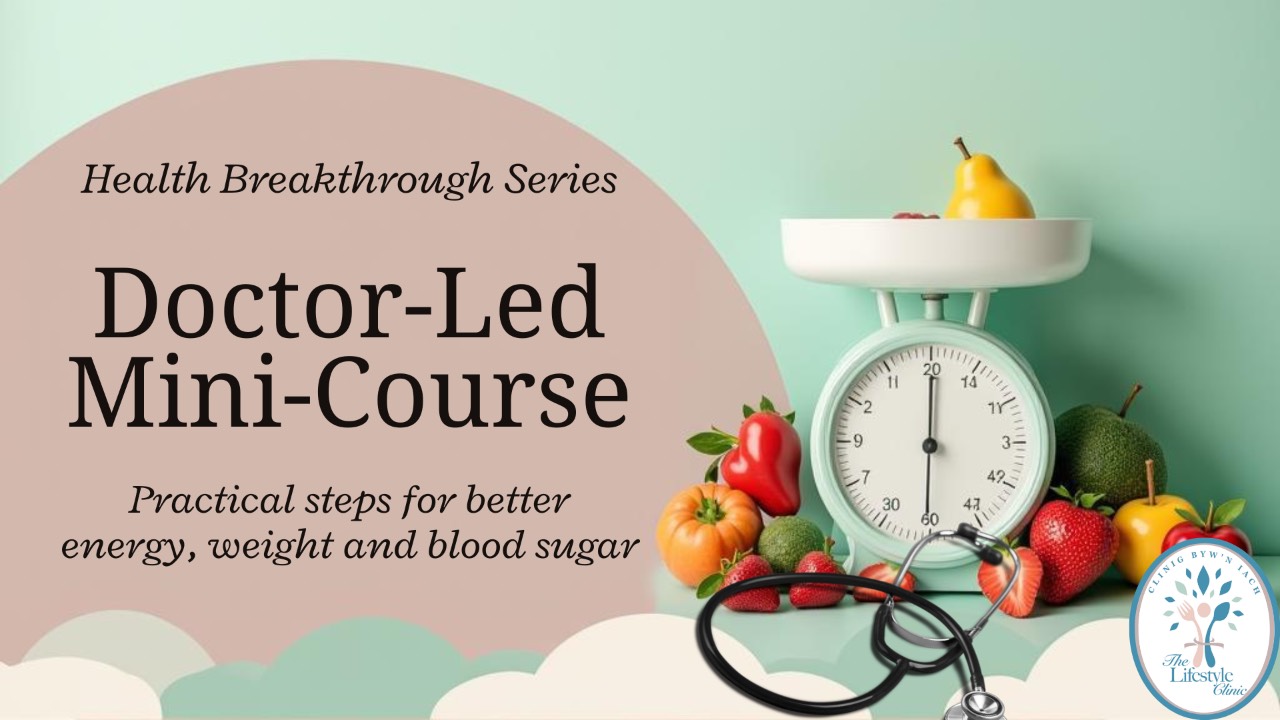
The Benefits of Protein
Sep 18, 2023When embarking on a weight loss journey, many factors come into play, as a clinic we have placed significant emphasis on lowering the carbohydrates as a weight loss tool. But what role has protein got to play? Can altering the amount of protein we consume each day accelerate weight loss even further? Protein has many essential roles in the body, in this article, we'll delve into the science-backed insights behind the crucial role of protein in weight loss.
Protein is made up of amino acids. Amino acids are thought to be the building blocks of every cell. They are critical in growth and repair of bones, muscles and every organ in your body. It is critical to consume protein. It is also essential to the process of creating hormones and enzymes.

There are 20 amino acids your body needs to survive. It can only create 11 of them from the food we eat; this leaves another 9 that we have to consume every day (circled). These are known as the essential amino acids.
Which foods are considered protein?
Animal protein contains all the essential amino acids in consistently high amounts. Examples would include meat, poultry, seafood, eggs and cheese. Plant protein also contains the essential amino acids but in smaller amounts so you need to consume more to get the same concentration. Examples would include tofu, soy-based, nuts and seeds.
Protein and weight loss
Where protein really shines is in its role with weight loss. Protein is a potent stimulator of the hormones that trigger feelings of fullness. Imagine an all you can eat meat buffet – you will feel full quick with meat and a nausea will follow if you’ve eaten too much. Eating a good amount of protein can in fact increase the feeling of satisfaction after a meal. It is also true that your bod will burn more calories digesting protein compared to fat or carbs and is thought to be particularly helpful with treating fatty liver.
Now you may have heard of the weight loss injection; the same one that is used to treat Diabetes; Ozempic, Trulicity, Victoza or Saxenda. Well protein stimulates the same hormones as this medication. So you can mimic this drug’s actions by fiddling around with the amount of protein you eat.

Preservation of Lean Muscle Mass
When you're aiming to lose weight, it's not just about shedding pounds but also about maintaining lean muscle mass. Protein plays a crucial role in preserving muscle tissue, even during periods of calorie restriction. However, consuming an adequate amount of protein can help mitigate muscle loss, ensuring that the weight you're losing primarily comes from stored fat rather than valuable muscle tissue.
Enhanced Fat Burning
Protein doesn't just prevent muscle loss; it also actively promotes fat burning. It does so by stimulating the production of certain hormones, such as glucagon, which helps to release stored fat into the bloodstream to be used as energy. Additionally, the amino acids found in protein are essential for various enzymatic processes that support the breakdown of fat molecules.
Recovery from exercise and illness
Regular exercise is a cornerstone of any weight loss plan. Protein aids in the recovery and repair of muscles stressed during workouts. But its also important to realise our protein requirement increase when we are ill or recovering from an illness.
Other advantages of higher protein
Better nutrition
Replacing some of the fat with protein is likely to increase the amount of amino acids and vitamins you consume. Both fat and protein keep you full. But it seems that protein can do this, whilst providing you with nutrition and with half the amount of calories
Osteopenia, This is thinning of the bones, and the precursor stage to osteoporosis. Osteoporosis is a serious problem, it accelerates frailty, increases chances of a fracture and is essentially a sign of declining health. A high protein consumption will decrease this risk as you age.
Sarcopenia. Sarcopenia is thought to be at epidemic levels in the UK. This is essentially ‘weak muscles.’ Muscle strength declines with age, accelerated by our inherently sedentary lifestyles. It is worth keeping the muscles strong and healthy, especially past the menopause.
How much to eat?
You will find varying advice depending on where you look so we recommend a middle of the road value. The bigger you are the higher amount of protein you require. It is also true that somebody with insulin resistance or diabetes will require a higher amount. And our protein requirements increase as we get older.
The recommendation is 1.2-2.0g per Kg of body weight.
Its worth noting that men’s requirements are slightly higher than women’s and your needs will vary if you are training.
This article is intended to highlight the benefits of increasing protein on our health, especially relevant as we age. For further information on specific individual requirements it might be worth speaking to a nutritionist or of course enrolling in one of courses for further guides on weight loss using the low carbohydrate diet

